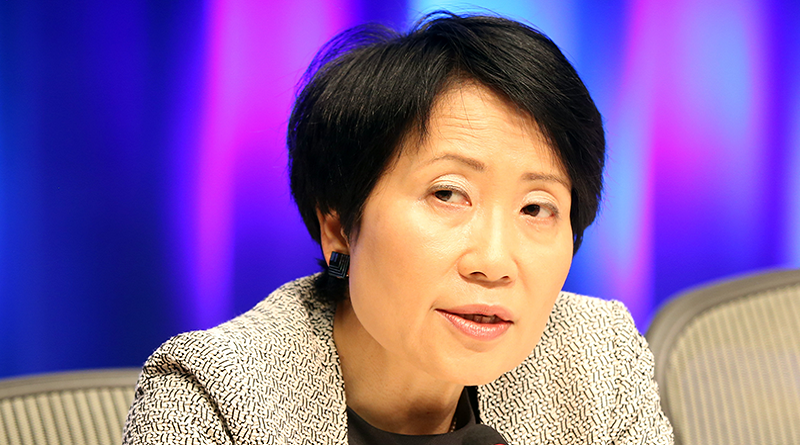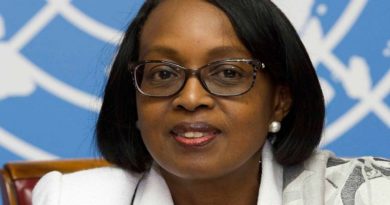GEF chief proposes increase support for sustainable cities
Chief Executive Officer and Chairperson of the Global Environment Facility (GEF), Naoko Ishii, on Tuesday December 12, 2017 at the One Planet Summit in Paris, France proposed an increase in GEF’s support for sustainable cities.
She said: “Going forward, we want to do even more, and I am extremely pleased to tell you that the GEF Secretariat is proposing to double the GEF financial contribution to our cities program for the next four years,” Ishii said. “In collaboration with our network of city based associations, the World Bank and other MDBs, we are aiming to bring 500 more cities into the Global Platform of Sustainable Cities by 2020.”
Naoko Ishii was speaking at the Summit session ‘Accelerating local and regional climate action’ which was hosted by Mme Anne Hidalgo, Mayor of Paris and C40 Chair.
GEF’s current sustainable cities program has already committed over USD $100 million in grants, and mobilized an additional USD $2.4 billion in financing to support city leaders in Asia, Africa and Latin America.
The program is taking a two-track approach – both carrying out projects in individual cities, and tying them together into a greater whole through a collaborative global platform where they will exchange knowledge, experience and good practice.
Cities already produce four fifths of the world’s GDP, consume over two thirds of its energy and emit nearly three-quarters of its greenhouse gases. Fortunately, many cities and their leaders are in the vanguard of combating climate change and implementing sustainable development through such initiatives as the Compact of Mayors, the C40 Large Cities Climate Leadership Group and ICLEI -Local Governments for Sustainability. The GEF is increasingly harnessing that momentum.
At the One Planet Summit, Naoko Ishii also spoke at a World Bank event on the West Africa Coastal Areas Management Program, where she highlighted the recent approval by the GEF council of a USD $20 million contribution to WACA project.
“We need to recognize that to increase resilience in this region is not a simple thing,” Ishii said. “This project helps unbundle this complex challenge into a very concrete actionable roadmap for each of the countries.”
Later in the day, she joined a host of other supporters for an event hailing the Land Degradation Neutrality (LDN) fund as an innovative solution to climate change. The initiative has been promoted by the United Nations Convention to Combat Desertification (UNCCD) and Mirova to support sustainable land use practices globally.




